All Falls Church Addiction Treatment Centers
-
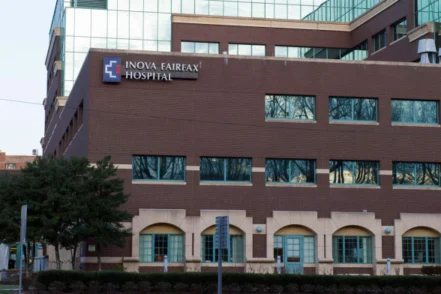
Inova Behavioral Health Services Inpatient Inova Fairfax Medical Campus
3300 Gallows Road
Falls Church, Virginia 22042Treatment Programs
- Drug Rehab
- Adult Program
- Young Adult Rehab
Insurance
- Private insurance
- Self-pay options
-
Unity Club Falls Church
116 West Broad Street
Falls Church, Virginia 22046Treatment Programs
- Alcohol Rehab
- Opioid Addiction
- Drug Rehab
- +4
Insurance
- Free
-
Fairfax Falls Church Community Services Board Woodburn Place Crisis Care
3300 Woodburn Road
Annandale, Virginia 22003Treatment Programs
- Alcohol Rehab
- Dual Diagnosis
- Opioid Addiction
- +5
Insurance
- Medicaid
- Private insurance
- +6
-
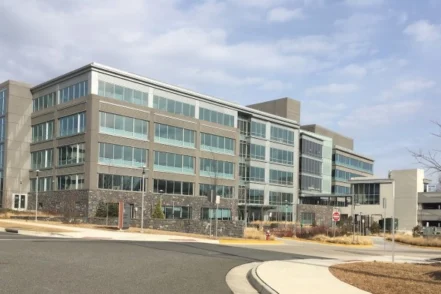
Fairfax Falls Church Community Services Board Merrifield Center
8221 Willow Oaks Corporation Drive
Fairfax, Virginia 22031Treatment Programs
- Alcohol Rehab
- Dual Diagnosis
- Opioid Addiction
- +5
Insurance
- Medicaid
- Private insurance
- +6
-
Inova Behavioral Health Outpatient Center at Merrifield Center
8221 Willow Oaks Corporate Drive, Suite 4 - 425
Fairfax, Virginia 22031Treatment Programs
- Alcohol Rehab
- Dual Diagnosis
- Opioid Addiction
- +4
Insurance
- Private insurance
- Self-pay options
- +4
-
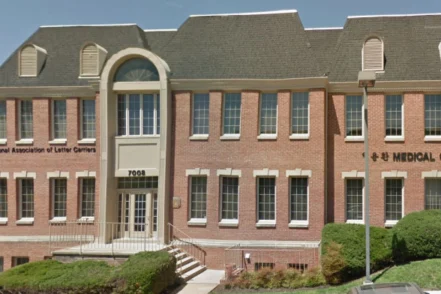
Fairfax Methadone Treatment Center
7008 Little River Turnpike, Suite G
Annandale, Virginia 22003Treatment Programs
- Alcohol Rehab
- Opioid Addiction
- Drug Rehab
- +4
Insurance
- Self-pay options
-
Fairfax Falls Church Community Services Board New Generations
8422 Electric Avenue
Vienna, Virginia 22182Treatment Programs
- Alcohol Rehab
- Dual Diagnosis
- Opioid Addiction
- +4
Insurance
- Private insurance
- Self-pay options
- +6
-
Sagebrush Treatment
7921 Jones Branch Drive, Suite 400
Mclean, Virginia 22102Treatment Programs
- Alcohol Rehab
- Dual Diagnosis
- Opioid Addiction
- +5
Insurance
- Private insurance
- Self-pay options
- +1
-
Sagebrush Treatment Center McLean
7921 Jones Branch Drive, Unit 400
Mclean, Virginia 22102Treatment Programs
- Drug Rehab
Insurance
- Private insurance
- Self-pay options
-
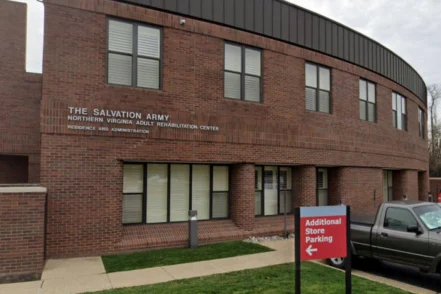
The Salvation Army Alcohol and Drug Addiction Alexandria
6528 Little River Turnpike
Alexandria, Virginia 22003Treatment Programs
- Alcohol Rehab
- Opioid Addiction
- Drug Rehab
- +4
Insurance
- Medicaid
- Private insurance
- +3
-
Sibley Memorial Hospital
5255 Loughboro Road NW
Washington, District of Columbia 20016Treatment Programs
- Dual Diagnosis
- Adult Program
- Senior Rehab
- +1
Insurance
- Medicaid
- Private insurance
- +3
-
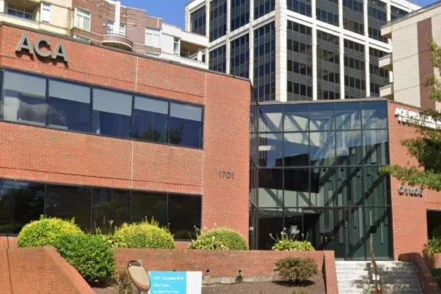
Kolmac Outpatient Recovery Centers Arlington
1701 Clarendon Blvd, Suite 115
Arlington, Maryland 20910Treatment Programs
- Alcohol Rehab
- Opioid Addiction
- Drug Rehab
- +4
-
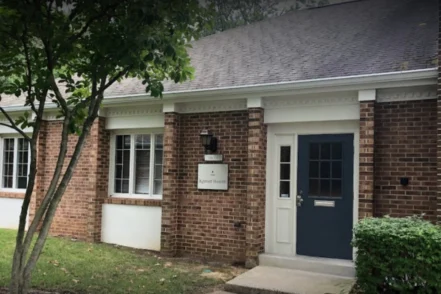
Kemet Health
5413-A Backlick Road
Springfield, Virginia 22151Treatment Programs
- Dual Diagnosis
- Opioid Addiction
- Adult Program
- +2
Insurance
- Self-pay options
- Employee Assistance Program
-
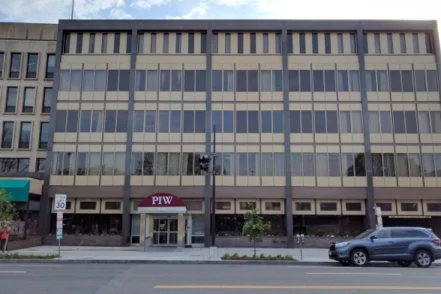
Psychiatric Institute of Washington
4228 Wisconsin Avenue NW
Washington, District of Columbia 20016Treatment Programs
- Alcohol Rehab
- Dual Diagnosis
- Opioid Addiction
- +3
-
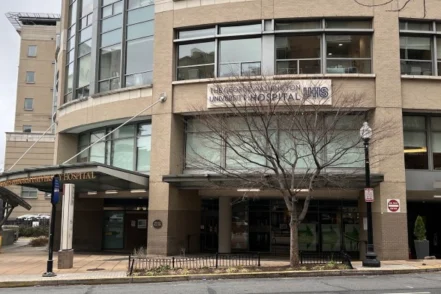
George Washington University Hospital Psychiatry
900 23rd Street NW
Washington, District of Columbia 20037Treatment Programs
- Dual Diagnosis
- Adult Program
- Senior Rehab
- +3
Insurance
- Medicaid
- Private insurance
- +4
Other Nearby Cities
Top Drug Rehab Centers in Virginia
-
 Virginia
VirginiaTidewater Psychotherapy Services
240 Business Park Drive, Suite 100 Virginia Beach, Virginia 23462
Treatment Programs
- Alcohol Rehab
- Dual Diagnosis
- Opioid Addiction
- +4
-
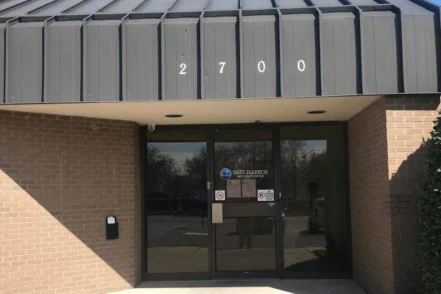 Virginia
VirginiaSafe Harbor Recovery Center Portsmouth
2700 London Blvd Portsmouth, Virginia 23707
Treatment Programs
- Alcohol Rehab
- Dual Diagnosis
- Opioid Addiction
- +5
-
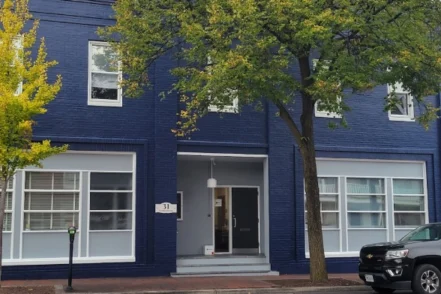 Virginia
VirginiaBridging the Gaps South Braddock Street
31 South Braddock Street Winchester, Virginia 22601
Treatment Programs
- Drug Rehab
- Dual Diagnosis
- +-1
-
 Virginia
VirginiaThe Coleman Institute Richmond
204 N. Hamilton St., Suite B Richmond, Virginia 23221
Treatment Programs
- Alcohol Rehab
- Opioid Addiction
- Drug Rehab
- +4
-
 Virginia
VirginiaSellati and Co Virginia Beach Methadone Clinic VBMC
1728 Virginia Beach Boulevard, Suite 113 Virginia Beach, Virginia 23454
Treatment Programs
- Alcohol Rehab
- Opioid Addiction
- Drug Rehab
- +4
-
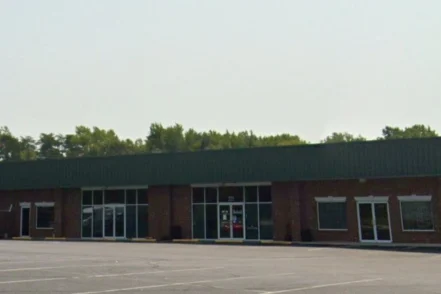 Virginia
VirginiaCrossroads Treatment Danville
1555 Meadowview Drive, Suite 5 Danville, Virginia 24541
Treatment Programs
- Alcohol Rehab
- Opioid Addiction
- Drug Rehab
- +4
-
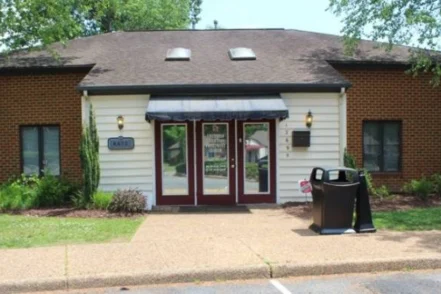 Virginia
VirginiaAmerican Addiction Treatment Center
12695 Mcmanus Boulevard, Building 2 Newport News, Virginia 23602
Treatment Programs
- Alcohol Rehab
- Opioid Addiction
- Drug Rehab
- +4
-
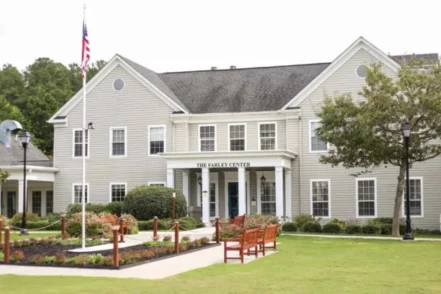 Virginia
VirginiaThe Farley Center
5477 Mooretown Road Williamsburg, Virginia 23188
Treatment Programs
- Alcohol Rehab
- Dual Diagnosis
- Opioid Addiction
- +6
-
 Virginia
VirginiaFairfax Methadone Treatment Center
7008 Little River Turnpike, Suite G Annandale, Virginia 22003
Treatment Programs
- Alcohol Rehab
- Opioid Addiction
- Drug Rehab
- +4
-
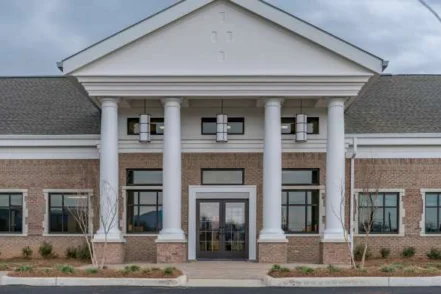 Virginia
VirginiaMount Regis Center Knotbreak Road
125 Knotbreak Road Salem, Virginia 24153
Treatment Programs
- Dual Diagnosis
- Drug Rehab
- Adult Program
- +3
-
 Virginia
VirginiaAdult Outpatient Services Virginia Beach
297 Independence Blvd, Suite 126 Virginia Beach, Virginia 23462
Treatment Programs
- Alcohol Rehab
- Dual Diagnosis
- Opioid Addiction
- +5
-
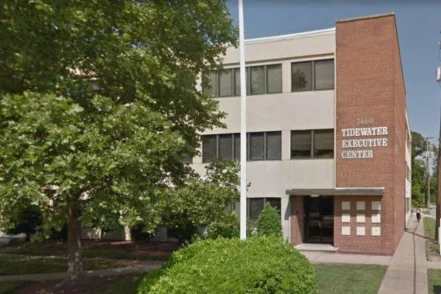 Virginia
VirginiaNorfolk Community Services Board Tidewater Drive
7460 Tidewater Drive Norfolk, Virginia 23505
Treatment Programs
- Alcohol Rehab
- Dual Diagnosis
- Opioid Addiction
- +5
-
 Virginia
VirginiaBarry Robinson Center
443 Kempsville Road Norfolk, Virginia 23502
Treatment Programs
- Dual Diagnosis
- Young Adult Rehab
- +-1
-
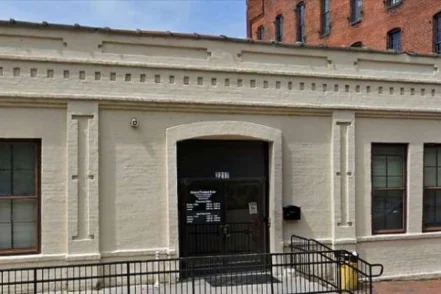 Virginia
VirginiaNew Season Richmond Treatment Center
2217 East Franklin Street Richmond, Virginia 23223
Treatment Programs
- Alcohol Rehab
- Opioid Addiction
- Drug Rehab
- +4
